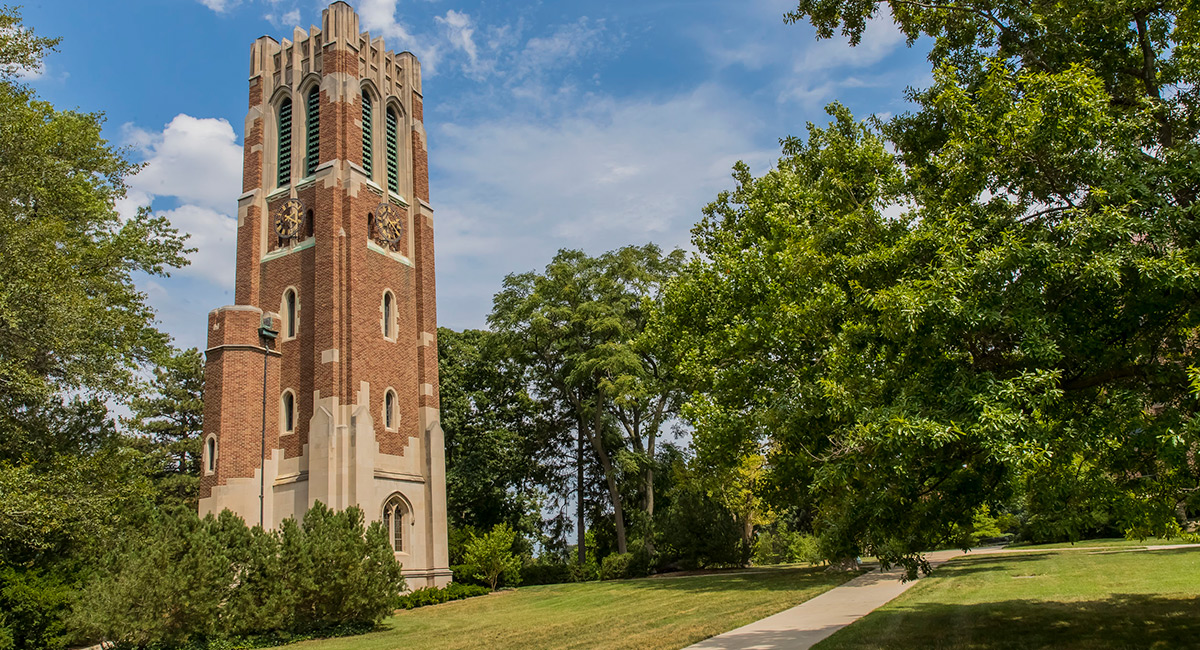Human beings operate in three time dimensions: the past, the present, and the future. Universities play an important role in all three. Through their disseminating of the literature, art, political events, philosophy, etc. of earlier thinkers and leaders, they are largely the repository and disseminators of the past—and the glue that binds us together as Americans. In the present, they train the leaders of tomorrow but also provide much of the human capital and ideas that help our nation’s current prominent political, business, scientific and artistic personalities lead—they help direct what we do and how we do it. And the training of today’s university students helps define what form our future leadership and direction will take. University research promotes the expansion of ideas in hopefully new and productive ways benefitting future generations.
Yet, today’s America’s academic leaders are working in a national milieu combining an odd sense of rebellion with unhealthy doses of malaise, pessimism and decline. Recent Rasmussen polling shows that only 24-35% of Americans agree that “America is heading in the right direction.” I am reminded of a speech that British Prime Minister Margaret Thatcher gave in 1982. Speaking of the previous decade, Mrs. Thatcher scorned the “army of professional belittlers” who “denigrated our past, undermined our present, and had no faith in our future.” I contrast this to, say, the 1950s or 1960s, when American college students more typically felt they were part of an ascending civilization and they, and by inference their universities, were a vital part of that ascendency.
Starting with the past, universities today are busy tearing down monuments to people and events which remind us where we come from, implying today’s Americans are morally and intellectually better than our relatively hapless ancestors. Universities have reduced requirements for students to familiarize themselves on how we became a truly exceptional nation, and worse, rewriting history to argue we were motivated by racial hatred and greed in creating today’s America. The number of parks and recreation majors has grown while history, philosophy and literature majors are in decline—a collegiate assault or malign neglect of the past.
Regarding the present, colleges have reallocated collegiate resources away from teaching and research and towards supporting a rent-seeking and often overtly anti-intellectual bureaucracy of apparatchiks. We have become inefficient and costly, but much worse, often intolerant of diverse views and perspectives. University are too often becoming thought monopolies, not marketplaces of ideas. We have dumbed down expectations—students spend less time learning and more time partying than ever before (temporarily reduced by the pandemic). We are doing less with more on campus, and professors and other past graduates are advising our nation’s leaders to ignore well established fiscal truths (like paying our bills in a timely manner) in order to advance the current Selfish Generation at the expense of future ones.
Regarding the future, only time will tell if my pessimism is justified. Will the current denigration of our competitive free market system based on private ownership of most of the means of production lead to the rise of a slightly kinder and gentler version of the authoritarian gulags like the old Soviet Union? Has the implicit aura of elitism that the universities promoted spawned more and growing resentment that contributes to the scary and seemingly highly un-American riots and near insurrection against constitutional government and the rule of law in our cities and nation’s capital? Is our national unity and historically highly successful cohesiveness under attack, partly arising from the misguided instruction of our youth and a disdain for both the religious and legal (constitutional and private property) foundations of our Republic?
Maybe I am too old, too cranky, and ignoring another American historical tradition: an ability to adapt and respond to crises, not only adverse military happenings like the Civil War, Pearl Harbor or 9/11, but also to other internal divisions, manifested in happenings like the campus riots of the 1960s-1970s over the Viet-Nam war. However the current sense of ennui may suggest Americans are starting to reject the implicit view that higher education is near sacrosanct, a public good of almost unquestioned worth, as nine consecutive years of enrollment declines seem to suggest.













